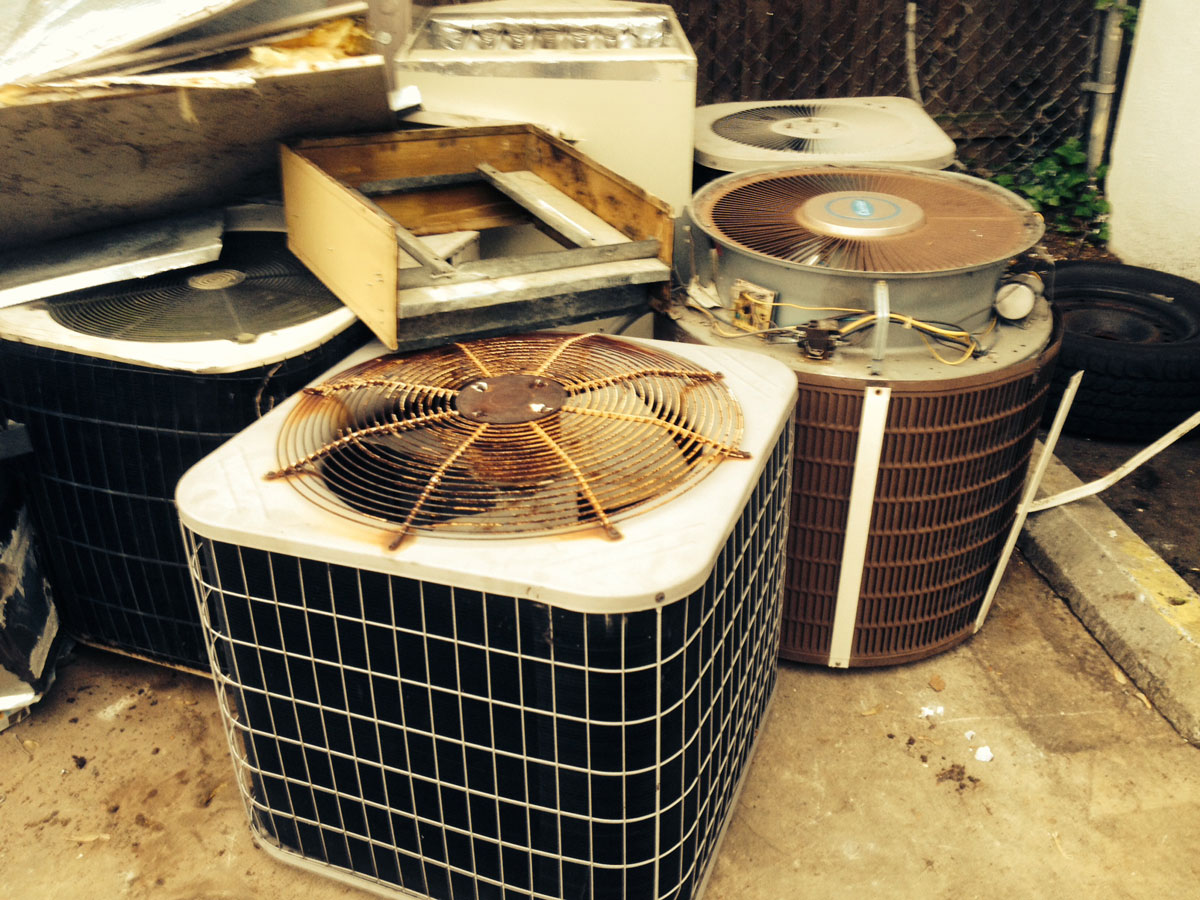
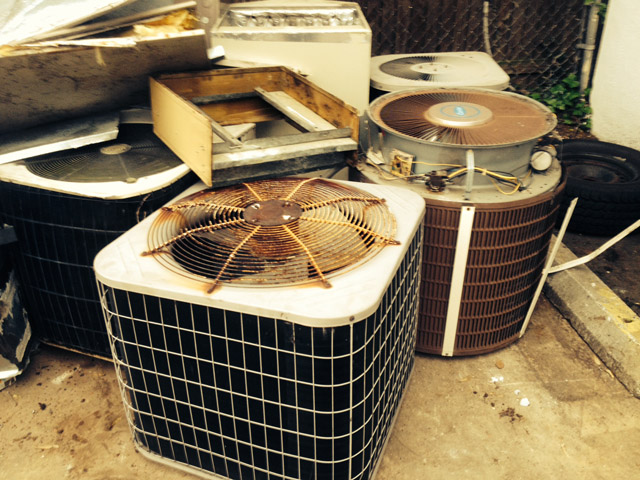
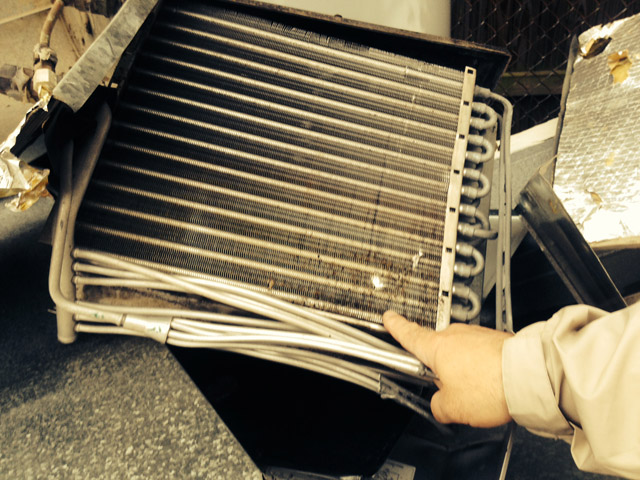
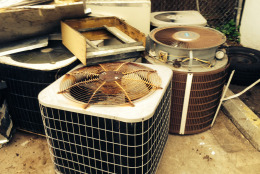
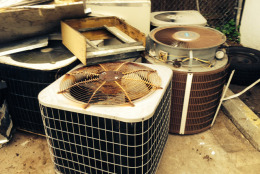
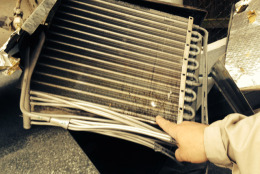
WASHINGTON — With temperatures hitting the 80s this week, air conditioning units will get their first real workouts in months.
And service technicians are expecting a busy weekend, says Dave Snyder, a manager with Alexandria-based R&B Inc.
“A lot of people are going to find out this afternoon whether things are working well or not for the rest of the summer,” he says.
Snyder says if service companies are busy, homeowners might as well wait until the first heat wave of the season ebbs to make sure they get the most out of the tech’s visit, especially to replace the AC system.
Homeowners can take steps, without the help of a pro, to improve air flow, pull moisture out of the air inside their homes and make sure their ACs are working to their full potential, he says.
First, visually inspect the condenser unit, which sits outside the home. Dirt, grass clippings, dog hair and even dryer lint can clog the fins and grate that surround the unit, preventing air from entering and exiting the unit.
“All of that can stick to it, taking away capacity,” Snyder says of dirt and grimy buildup.
Snyder says homeowners can use a high-pressure hose to knock it all loose, or spray the unit with a household de-greaser such as Simple Green or Fantastic. Let the product sit and then hose it off.
Even bent fins can hinder air flow, but a serviceman can straighten those out, Snyder says.
Homeowners should check the condensation drain from the evaporator coil, which is inside the home, typically above the furnace or in the attic. Those drains, usually PVC pipes, can also clog with gunk. Pull off the cap and use a brush or pressurized air to push the buildup down the pipe. A capful of bleach every few months also will keep the drain clear, he says.
Changing the home’s air filter regularly will help keep the evaporator coil clean and working properly.
“The most important thing is filters, because it’s just like changing the oil on your car — it has to be done on a regular basis,” Snyder says.
And a service tech can check whether the refrigerant is low.
“If you don’t have air flow across it or the refrigerant is low, it’ll turn into a block of ice,” Snyder says.
WTOP’s Kristi King contributed to this report. Follow @WTOP on Twitter and on Facebook.







